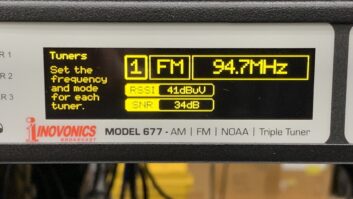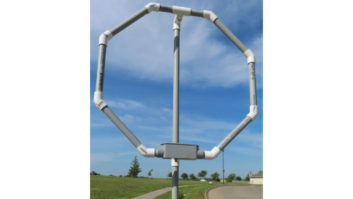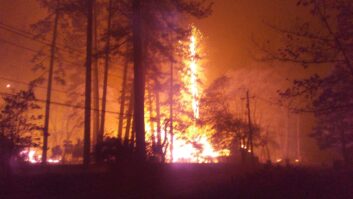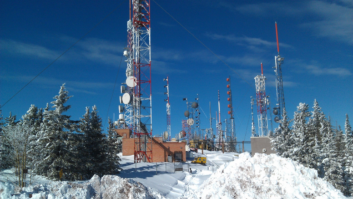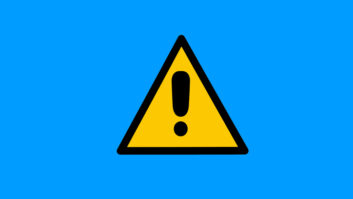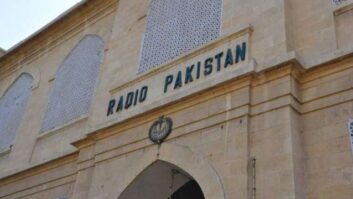Winding its way through the Senate is the First Response Broadcasters Act of 2007. We applaud the ideas behind this bill and encourage its adoption.
Sen. Mary Landrieu of Louisiana is the principal sponsor of this bill, which would designate local radio and television stations providing disaster-related programming as “first-response broadcasters.”
This doesn’t mean that broadcasters must now become experts in providing first aid for victims of a natural disaster or suppliers of shelter to evacuees. Rather, the bill is designed to help broadcasters fulfill a vital communications mission when situations are at their bleakest.
Radio broadcasters have a long history of serving the public in heroic fashion in emergency situations.
In recent years, disasters in New York City and New Orleans brought out the best in the broadcasting community. Stations changed formats overnight so that they could provide continuous coverage to the public as these events unfolded. Competing radio owners shared broadcast facilities to keep stations serving their unique audiences. In the case of Hurricane Katrina, many station personnel risked their well-being and that of their families to continue working in desperate and dangerous conditions.
But there are flaws in federal rules and policies that govern the treatment of broadcasters in an emergency. Broadcasters are treated as simple civilians to be protected from danger. This undercuts our ability to provide news and information at critical moments.
During the aftermath of Katrina this even led to the confiscation of supplies of diesel fuel that had been privately contracted and provided for the use of broadcasters and intended for backup generators to keep broadcasters on the air.
The bill would expedite access to a disaster area for broadcast technical personnel so that they could help keep broadcast operations alive or repair damage. It would also protect fuel and other supplies from seizure. Finally the bill offers a small grant program to help stations better prepare for an emergency, with money to be provided on a one-to-one matching basis.
Radio stations continue to be the most important communications systems in an emergency when it comes to reaching a mass audience. While many other systems play an important role in connecting people together, none displays the robust and ubiquitous nature of radio, which can be received by listeners with widely available battery or hand-powered emergency radios. And radio service doesn’t collapse when everyone tries to use it at the same time.
As Landrieu said in her introduction to the bill, referring to the role of broadcasters in the New Orleans disaster, “It was the only voice for them in the first darkest days and nights, and it continued for weeks and months.”
The First Response Broadcasters Act helps radio to better serve its communities when help is needed most. That brings some sense to our national response to emergencies.
— RW





